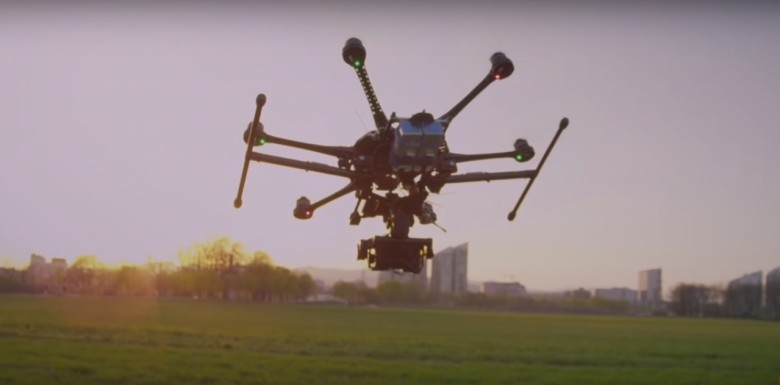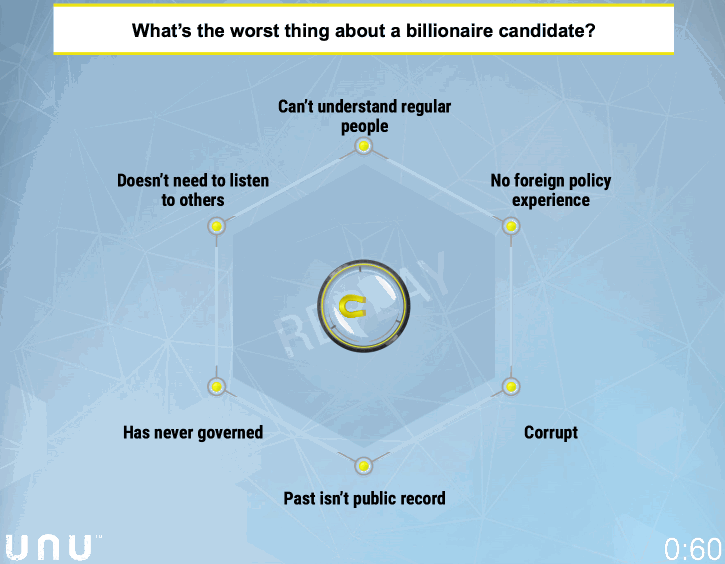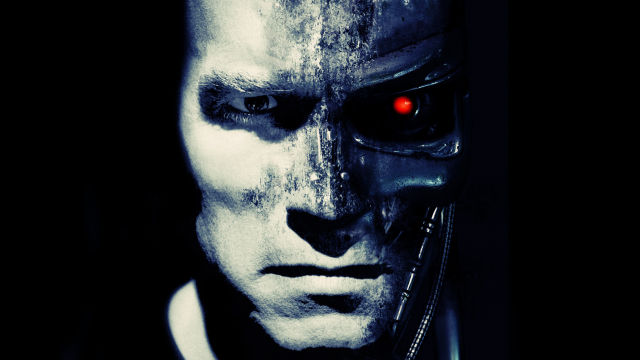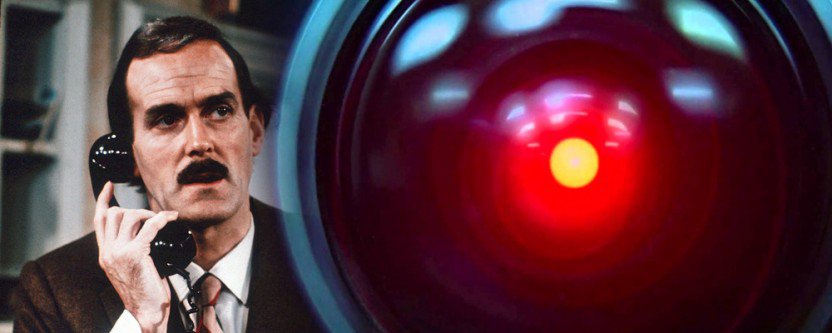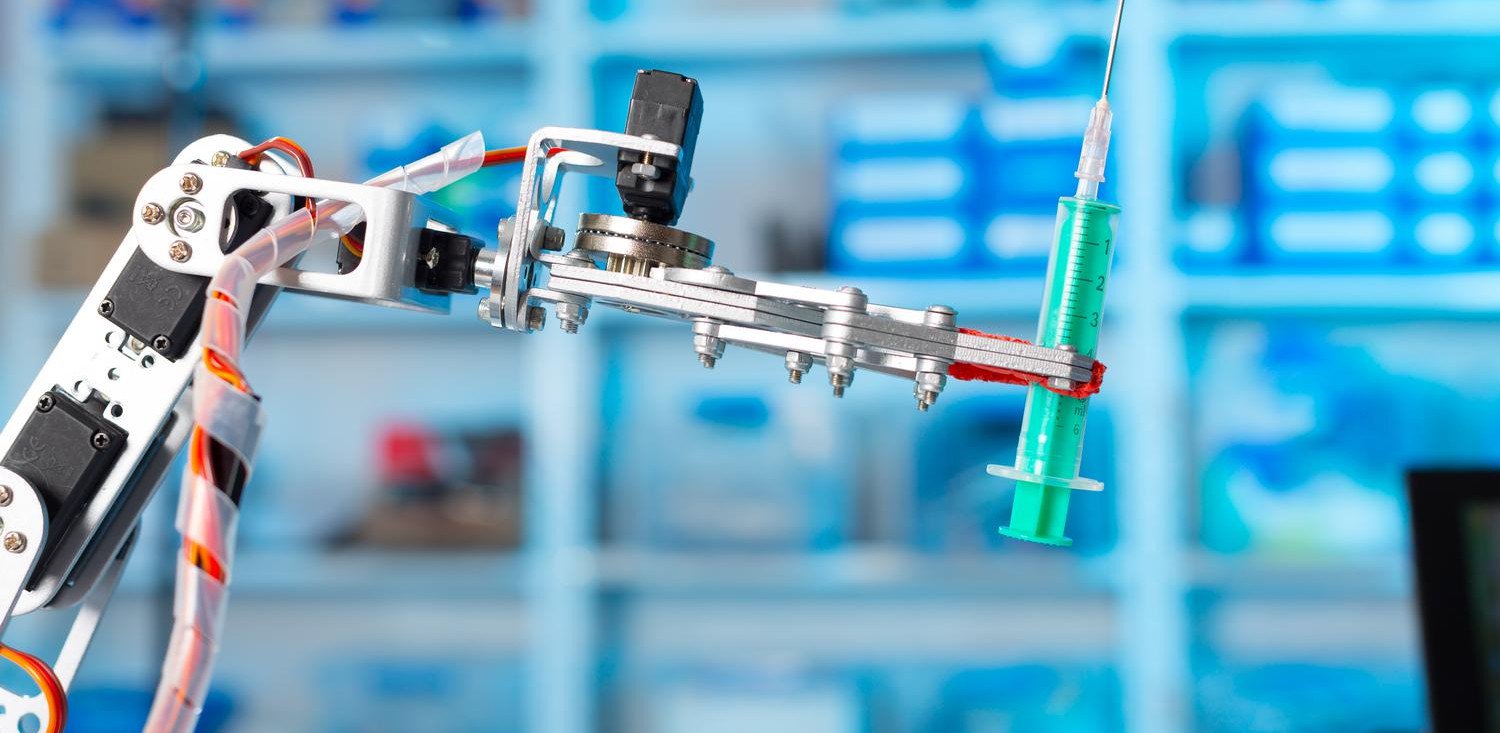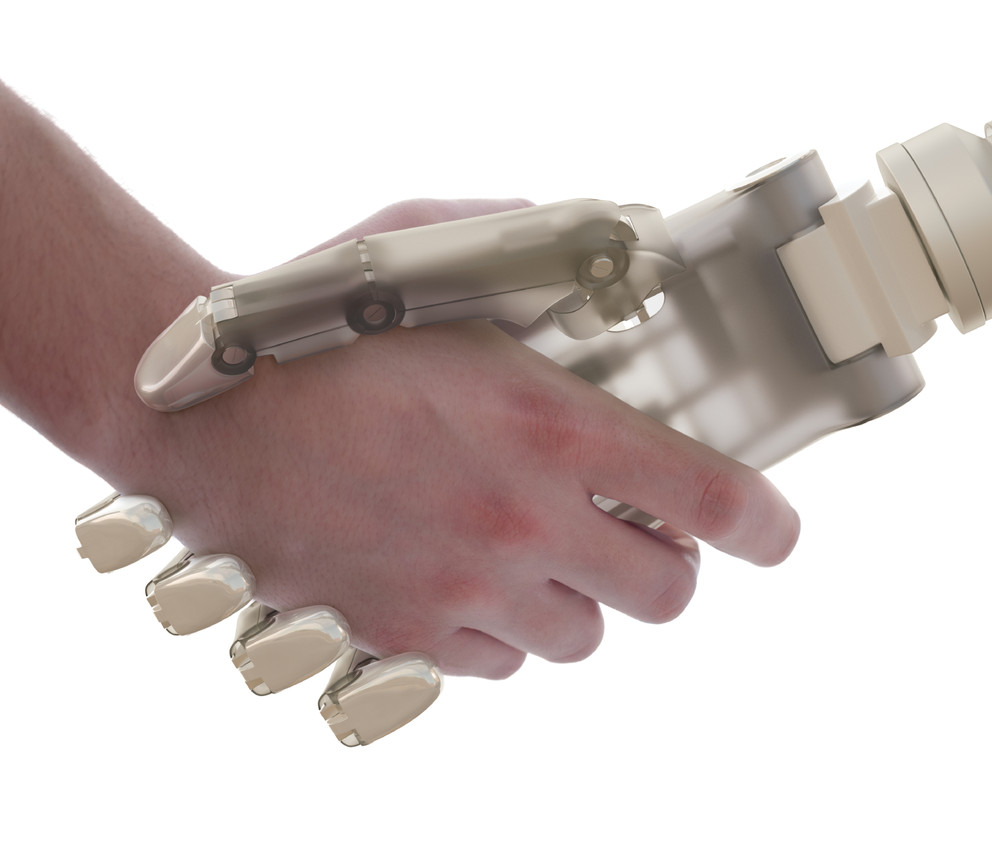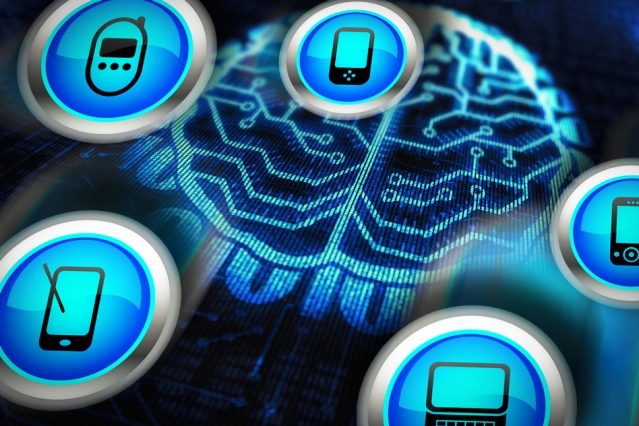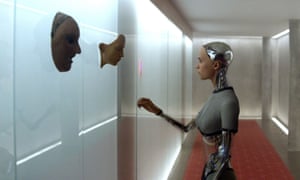Until recently, drone technology relied heavily on human controllers and acted as carriers for cameras and instruments which would then be monitored manually. But, in news that will strike fear into the heart of any Terminator movie conspiracists, experts are now merging drones with artificial intelligence (AI) systems with incredible results.
My firm recently carried out two technology scouting projects that had us assessing many of the players in this field. We found that drones fitted with AI technology are being used to disrupt a number of industries and undertaking a range of tasks with minimal human input.
